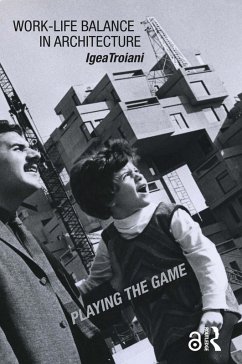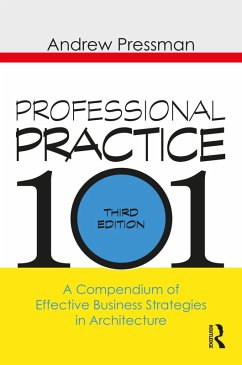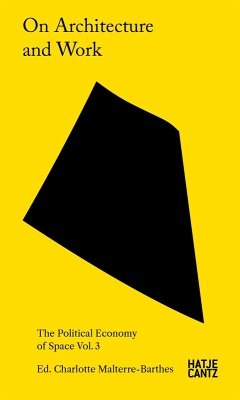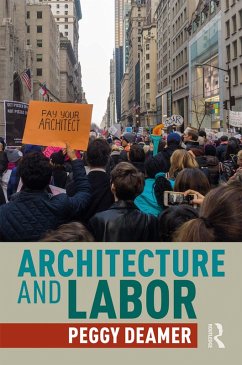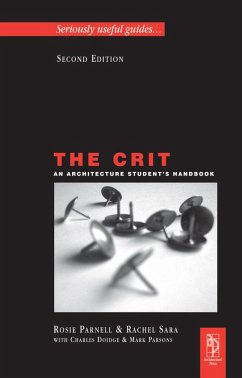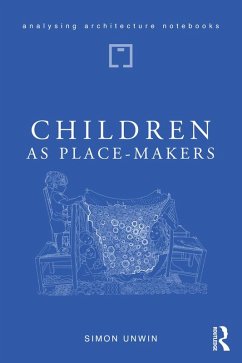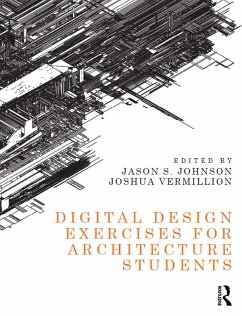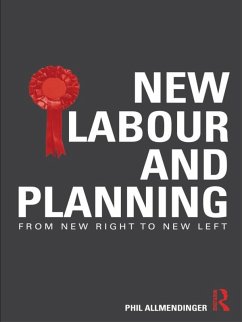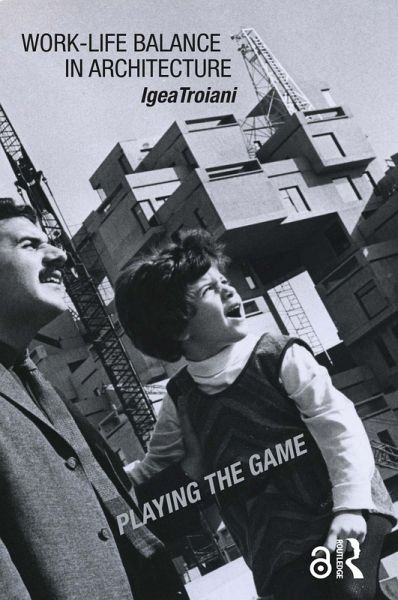
Work-Life Balance in Architecture (eBook, ePUB)
Playing the Game
Versandkostenfrei!
Sofort per Download lieferbar
39,95 €
inkl. MwSt.
Weitere Ausgaben:

PAYBACK Punkte
20 °P sammeln!
This book seeks to improve the work lives of architects of diverse demographics who do not fit, or want to replicate, the traditional '24/7' white-male architect lifestyle. Aimed at a workforce whose life and career expectations have changed drastically in recent years, it helps readers of different generations to make informed choices about their careers - enabling students, educators, and professionals to prioritise wellbeing and offer their design and practice voice to enhance a built environment for all.Work-Life Balance in Architecture examines what it means to play the 'game of architect...
This book seeks to improve the work lives of architects of diverse demographics who do not fit, or want to replicate, the traditional '24/7' white-male architect lifestyle. Aimed at a workforce whose life and career expectations have changed drastically in recent years, it helps readers of different generations to make informed choices about their careers - enabling students, educators, and professionals to prioritise wellbeing and offer their design and practice voice to enhance a built environment for all.
Work-Life Balance in Architecture examines what it means to play the 'game of architecture' - to choose to study and pursue a career in architecture rather than another profession. The book shows the economic, social, and professional structures within which architectural education and practice operate and reveals the impact of a corporate, neoliberal 'big business' mentality on wellbeing.
After setting out the context exacerbating work-life imbalance, the book discusses the paths an architect may take - whether this leads to a career in practice or not in architecture at all - and how alternative gameplay moves can advantage or disadvantage those of different gender, class, ethnicity, race, or age at different career stages. It concludes by examining how the places in which an architect works, the time available to work and critiques of perpetual neoliberal economic growth can enhance the lives of all architects today.
Work-Life Balance in Architecture examines what it means to play the 'game of architecture' - to choose to study and pursue a career in architecture rather than another profession. The book shows the economic, social, and professional structures within which architectural education and practice operate and reveals the impact of a corporate, neoliberal 'big business' mentality on wellbeing.
After setting out the context exacerbating work-life imbalance, the book discusses the paths an architect may take - whether this leads to a career in practice or not in architecture at all - and how alternative gameplay moves can advantage or disadvantage those of different gender, class, ethnicity, race, or age at different career stages. It concludes by examining how the places in which an architect works, the time available to work and critiques of perpetual neoliberal economic growth can enhance the lives of all architects today.
Dieser Download kann aus rechtlichen Gründen nur mit Rechnungsadresse in A, B, BG, CY, CZ, D, DK, EW, E, FIN, F, GR, HR, H, IRL, I, LT, L, LR, M, NL, PL, P, R, S, SLO, SK ausgeliefert werden.




